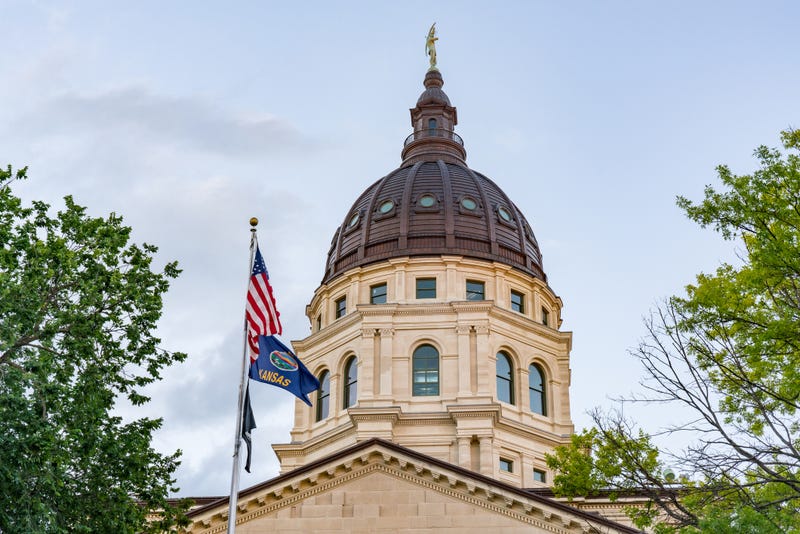
Kansas legislators have given final approval to a bill that would require doctors to provide live saving medical care to infants born following a failed abortion.
In an 86 - 36 vote Tuesday, the Kansas House approved amendments to the Senate passed Born Alive Infents Protection Act.
The Kansas Senate approved the bill last week and it goes next to the governor who vetoed a similar bill in 2019.
“We can have differing views on abortion and still agree on the need for this legislation as a humanitarian issue,” the Kansas House's three top Republicans said in a joint statement.
Even if abortion opponents succeed in overriding any veto, the measure could still be challenged in court and not enforced. Lawsuits have prevented Kansas from enforcing a 2015 ban on a common second-trimester abortion procedure and a 2011 law imposing extra health and safety rules for abortion providers.
The “born alive” measure is premised on a claim that abortion providers leave newborns to die if they're born during an abortion procedure. Critics of the bill said the state would be intervening in difficult medical and ethical decisions between doctors and parents. They also said parents could be forced to accept futile and expensive care.
“If the infant is born alive and only has minutes to live, the mother, the father, the family, have the right to ask for palliative care and embrace the infant until it is no longer breathing,” said state Rep. Susan Ruiz, a Kansas City-area Democrat.
The measure applies not only to “botched” or “unsuccessful” abortions but also to cases in which doctors induce labor to deliver a fetus that won’t survive outside the womb. That can occur because of a severe medical issue, with the expectation that the newborn will die within minutes or even seconds.
The Kansas measure is similar to laws in 18 other states requiring infants born during labor and delivery abortions to go to a hospital and imposing criminal penalties for doctors who don’t provide the same care "a reasonably diligent and conscientious” provider would with other live births.
In Kansas, failing to provide reasonable care for such a newborn would be a felony, punishable by a year’s probation for a first-time offender. Also, the newborn's parents and the parents or guardians of minors seeking abortions could sue providers.
Like most states, Kansas doesn’t collect data on births during induced abortion procedures. The bill would require annual reports to the state.
Anti-abortion groups argue that there are likely hundreds of live births during abortion procedures each year in the U.S. The argument is based on extrapolating data from the handful of states requiring reports of such live births, as well as from data from most Canadian provinces.
“One important aspect of the bill is that it would require that reporting on abortion survivors,” said Kelsey Pritchard, spokesperson for the national anti-abortion group Susan B. Anthony Pro-Life America.
Abortion rights supporters argue that the Kansas measure and laws in other states are designed to paint a misleading picture of abortion care.
In Kansas, no abortions after the 21st week have been reported since at least 2016, and, according to the U.S. Centers for Disease Control and Prevention, less than 1% of the more than 600,000 abortions a year occur after the 21st week of pregnancy. The American College of Obstetricians and Gynecologists says almost no fetuses are viable before the 23rd week of pregnancy.
Critics of the measure also argue that existing laws against homicide are sufficient to deal with what they see as a rare issue. They also argue that passing the measure defies the statewide vote in August affirming abortion rights.
“This bill is absolutely unecessary,” Democratic state Sen. Pat Pettey, of Kansas City, said during a debate last week. “This bill will traumatize mothers who desperately want to be mothers, who already are dealing with the heart-breaking moments of loss imaginable.”
